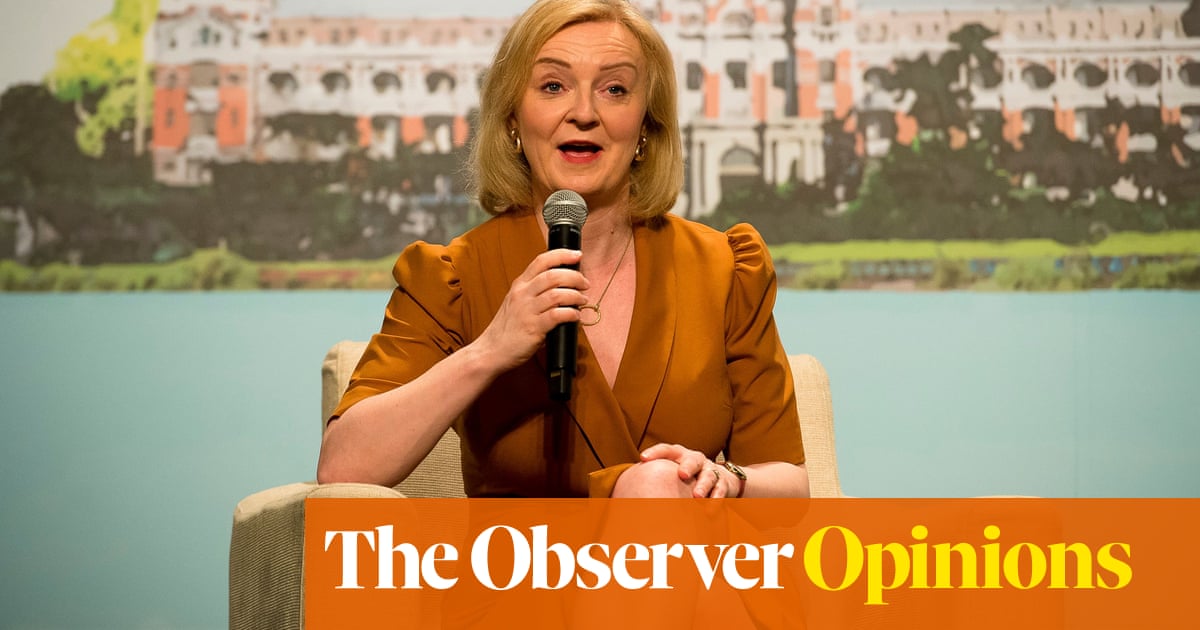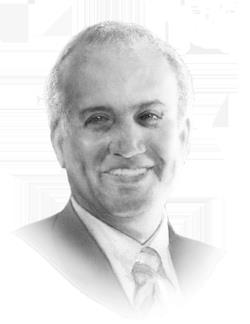
Dubai has never been backward in coming forward. The emirate has not been afraid to take big, showy measures to achieve economic and social progress, even when it risked offending some local sensibilities.
The once sleepy pearl fishing outpost was turned into a thriving trading post when its creek was dredged and a thriving port was built. Sharjah, the UAE’s third largest city, did not initially like that.
Virgin desert was transformed into some of the most expensive real estate on earth when foreigners were allowed to own property. Many Emiratis resented it at first.
A regional financial hub was born with the creation of an autonomous investment center in the form of the Dubai International Financial Center (DIFC). Virtually everybody else in the Arabian Gulf hated that — but many then copied the formula.
It is against this background that the recent announcement of new residency and company ownership rules should be judged. The UAE has decided to offer long-term residency visas to investors and professional specialists, and to amend the rules to allow foreigners to own 100 percent of companies in the Emirates.
For a country where residency has been tied to employment for the best part of half a century, and which was wedded to a rentier system that insisted nationals had to be majority owners of businesses (outside free zones), the latest moves are revolutionary.
The new rules were announced by the UAE federal cabinet, based in the capital Abu Dhabi, but all the evidence suggests that Sheikh Mohammed bin Rashid Al-Maktoum, prime minister of the UAE and ruler of Dubai, was the driving force.
He has been aware of the growing need to “reboot” Dubai and the UAE for some time. The economy, which bounced back quickly from the ravages of the global financial crisis, has recently seemed stuck in a rut of mediocre growth and languishing living standards.
The property market, in particular, has seemed trapped in a vicious cycle of over-supply and declining demand that has eroded values for the past three years. With the deadline of Expo 2020 Dubai looming ever larger, Sheikh Mohammed has seemingly decided that the time had come for action.
"Sheikh Mohammed bin Rashid Al-Maktoum has been aware of the growing need to “reboot” Dubai and the UAE for some time."
Frank Kane.
A few weeks ago, according to prominent members of the expatriate business community, he convened a series of meetings of leading policymakers with local and foreign business leaders.
Sheikh Mohammed and his advisers asked, “What is to be done?” The business community reeled off a list of measures that they thought were necessary to kick-start the UAE economy once more. Long-term residency and foreign ownership of onshore companies were two of the top priorities on their list.
Other concerns raised at the meeting, and to which Sheikh Mohammed apparently listened with interest, involved some kind of “retirement visa” to allow older people to ensure their stay in the UAE. Retirees, by definition, are not economically active, but they are usually relatively affluent; if they could be persuaded to live and invest in the UAE, that could be a big boost for the real estate market.
The cost of living was another topic of interest, with the UAE’s headline inflation rate on the rise. The IMF is forecasting a 3.5 percent increase this year, still comparatively low, but there have been complaints that it hits some parts of the population harder than others. In particular, fees for government services — visas, business licenses, official permits — will hit the “innovative and exceptional” foreigners the government wants to attract.
Perhaps the most controversial area of ongoing concern involves the UAE legal system, especially how it applies to business. There have been long-standing complaints about the use of security cheques and bankruptcy procedures.
But there is a wider suspicion that legal processes such as disputes adjudication are weighted against non-Emirati business people. In particular, the setting up of a joint judicial committee to rule on legal jurisdiction between DIFC and local courts is regarded as a backward step, impacting the reputation of the financial hub.
Whether or not these agenda items will be addressed remain to be seen, but at least the debate has begun.
The UAE’s latest moves have the ability to be transformational, but they are not without risk. For one, what happens to the UAE’s much lauded and highly successful free zones? These have long been regarded as one of the key drivers of the UAE’s success in promoting itself as the place to do business in the region, and have attracted some of the most innovative global companies to set up in the Emirates. What is their function if foreign ownership is allowed everywhere?
The other concern is a more general one about demographics. If more foreigners are allowed to live permanently in the UAE, how does that affect the national community, already a minority in the country?
Obviously, Sheikh Mohammed has decided that the economic benefits of openness and tolerance outweigh such concerns. Based on Dubai’s history, surely that is the correct decision.
Frank Kane is an award-winning business journalist based in Dubai. Twitter: @frankkanedubai












